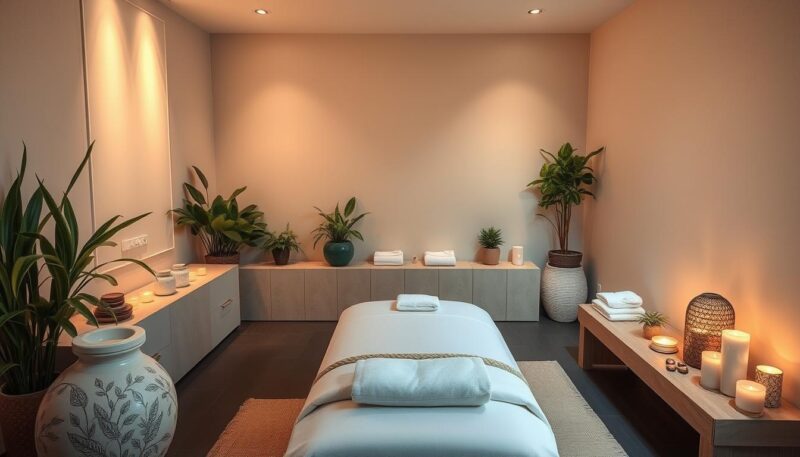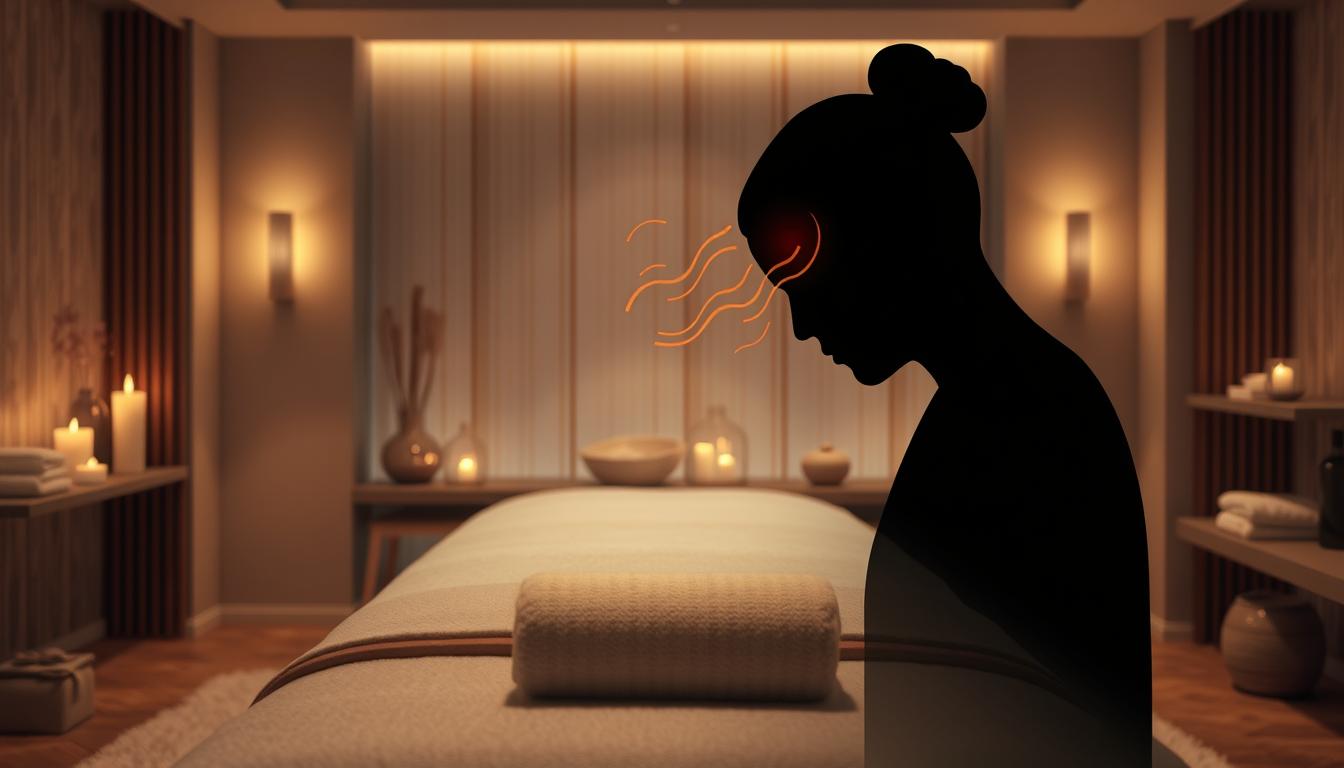When you think of a massage, you likely imagine a relaxing and calming experience that melts away tension and leaves you feeling refreshed. However, for some people, a massage can have an unexpected side effect: a headache. This phenomenon may seem counterintuitive, as massage is typically associated with relaxation and pain relief. You may be wondering what causes these post-massage headaches and whether there are any steps you can take to prevent them. As you delve into the world of massage and headaches, you’ll discover that massage and headaches are more closely linked than you might think, and understanding the connection between massage side effects and post-massage discomfort is key to a more enjoyable experience.
Massage aims to relieve tension and loosen muscles, but a potential side effect for some people is a headache. Several factors might contribute to this, including the release of tension in the neck and scalp, which can lead to cervicogenic headaches. These headaches typically affect one side of the head and start at the base of the skull, radiating up one side. Additionally, poor office ergonomics and improper posture can contribute to neck strain, which may lead to headaches. Choosing the right mattress and pillow is also crucial in preventing cervicogenic headaches, as discomfort upon waking may signal a need for new bedding.
As you explore the connection between massage and headaches, you’ll learn more about the specific causes of post-massage headaches and what you can do to prevent them. You’ll also discover how massage therapy can be an effective treatment for tension-type headaches, which are the most common type of headache, experienced by 90-92% of people. By understanding the benefits and potential drawbacks of massage, you can take steps to maximize your massage benefits while minimizing the risk of post-massage discomfort.
Key Takeaways
- Massage can have unexpected side effects, including headaches, which may be caused by the release of tension in the neck and scalp.
- Cervicogenic headaches are a common type of headache that can be triggered by neck injuries, poor office ergonomics, and improper posture.
- Choosing the right mattress and pillow is crucial in preventing cervicogenic headaches and reducing the risk of post-massage discomfort.
- Massage therapy can be an effective treatment for tension-type headaches, reducing frequency, intensity, and duration.
- Understanding the connection between massage and headaches is key to a more enjoyable and beneficial massage experience.
- By taking steps to prevent post-massage headaches, you can maximize your massage benefits and reduce the risk of discomfort.
- Expert guidance is recommended for neck exercises to avoid exacerbating the issue and to ensure a safe and effective massage experience.
Understanding Post-Massage Headache Triggers
After a relaxing massage, you might experience a headache. Several factors can contribute to this discomfort, and understanding them can help you prevent future occurrences.
Dehydration and Its Impact on Your Body
Dehydration after massage is a common issue. Sweating and increased circulation during the session can lead to fluid loss. To stay hydrated, aim to drink 8-10 glasses of water within hours following your massage.
Muscle Tension Release and Neural Response
Headaches caused by muscle tension release often occur when tight muscles relax, increasing blood flow to the head. This sudden change can trigger a headache as your body adjusts.
Pressure Point Stimulation Effects
Many massages involve pressing specific points on your body. Stimulating these pressure points can sometimes lead to headaches, especially if too much pressure is applied.
Environmental Factors During Treatment
The massage environment plays a role too. Strong scents from oils, changes in room temperature, or even noise levels can contribute to post-massage headaches. If you’re sensitive to smells or have allergies, discuss this with your therapist to adjust the treatment accordingly.
Why Do You Get a Headache After Massage?
Experiencing a headache after a massage is more common than you might think. Understanding the reasons behind this can help you enjoy your massage without discomfort.
When you receive a massage, your body releases stress, which is generally beneficial. However, this stress release and headache connection can sometimes lead to tension headaches. As your muscles relax, changes in blood flow and the release of stored toxins occur, which might trigger a headache.
One of the key benefits of drinking water after massage is hydration. Dehydration can make headaches worse, so it’s essential to drink plenty of water before, during, and after your session. Staying hydrated helps your body flush out toxins and prevents the onset of headaches.
To avoid headaches, consider these relaxation tips:
- Communicate any sensitivities, such as strong scents, to your therapist.
- Choose massages that use unscented oils.
- Ensure you get enough rest before and after your massage.
- Practice deep breathing exercises to maintain relaxation.

| Prevention Tips | Remedies |
|---|---|
| Stay Hydrated | Drink at least eight ounces of water before and after your massage. |
| Communicate with Therapist | Request unscented oils and a comfortable environment. |
| Rest Adequately | Ensure you have a restful period post-massage. |
| Use Over-the-Counter Pain Relief | Take pain relievers if a headache persists. |
Conclusion: Maximizing Your Massage Benefits While Preventing Discomfort
To fully enjoy your massage, staying well-hydrated is key. Drinking water before and after helps prevent headaches and supports muscle recovery.
Communicate openly with your massage therapist about your comfort levels and any existing health conditions. This ensures a tailored experience that minimizes the risk of post-massage headaches.
After your session, take time to rest and avoid strenuous activities. Applying a cold compress to your forehead or massaging your temples can alleviate any lingering discomfort.
If a headache does occur, consider over-the-counter remedies post-massage or seek medical advice for massage-related issues. Listening to your body and addressing symptoms early can help you maintain the benefits of massage without unwanted side effects.

